Behavioral Research Blog

12 Mar
animal behavior research
Alzheimer’s and Parkinson’s
How Ginkgo biloba helps treat Alzheimer’s
Xu Liu and colleagues recently investigated the effects of Ginkgo biloba extract on a mouse model for Alzheimer’s disease (AD).
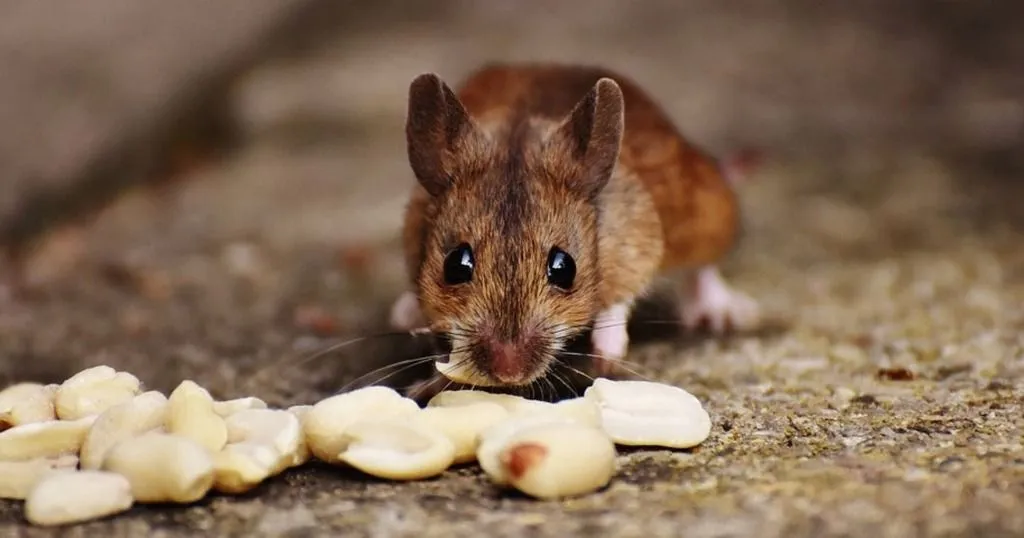
05 Mar
animal behavior research
Optogenetics
Motivation and eating: deep brain imaging in freely moving mice
Craving a snack, the joy of eating it. The part of our brain that regulates this is the lateral hypothalamus. An interesting targer for addiction and eating disorder research.

26 Feb
animal behavior research
Autism Spectrum Disorders
How autistic fruit flies behave
The number of children diagnosed with developmental disorders has increased exponentially in the past 20 yearschemicals such as BPA have been under investigation lately.

23 Feb
human behavior research
Other (Human)
Location is everything: Measuring visitor behavior
Want to know where the action is? Interested in getting real-time feedback about a conference, concert, or event hotspots? Read more about the Crowd Emotion Monitor app.
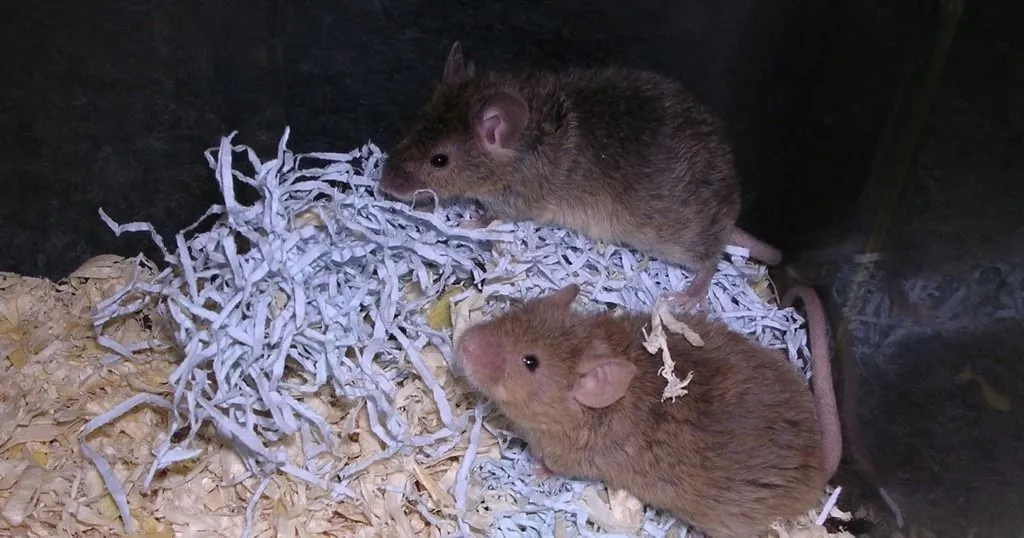
20 Feb
animal behavior research
Social Behavior
How to measure the social behavior of Fragile X mice
The treatment of Fragile X syndrome is limited to the symptoms. One of the factors currently holding back drug development is the difficulty of finding a reliable behavioral test for neurobiological studies.
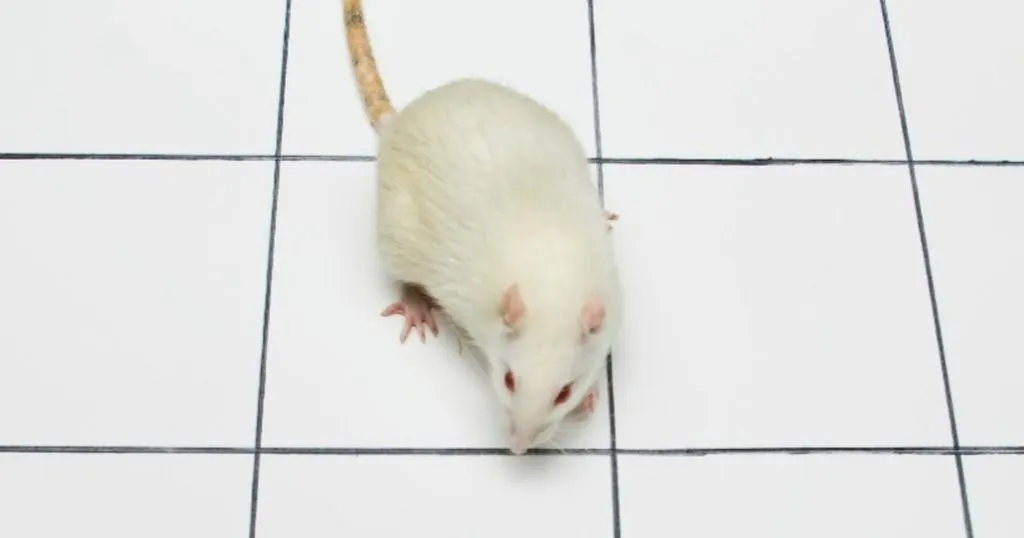
16 Feb
animal behavior research
Alzheimer’s and Parkinson’s
Side effects of L-DOPA investigated in parkinsonian rats
These studies specifically investigate the long-term effects of L-DOPA or levopoda, a common clinical treatment for Parkinson's disease, with which many patients struggle.
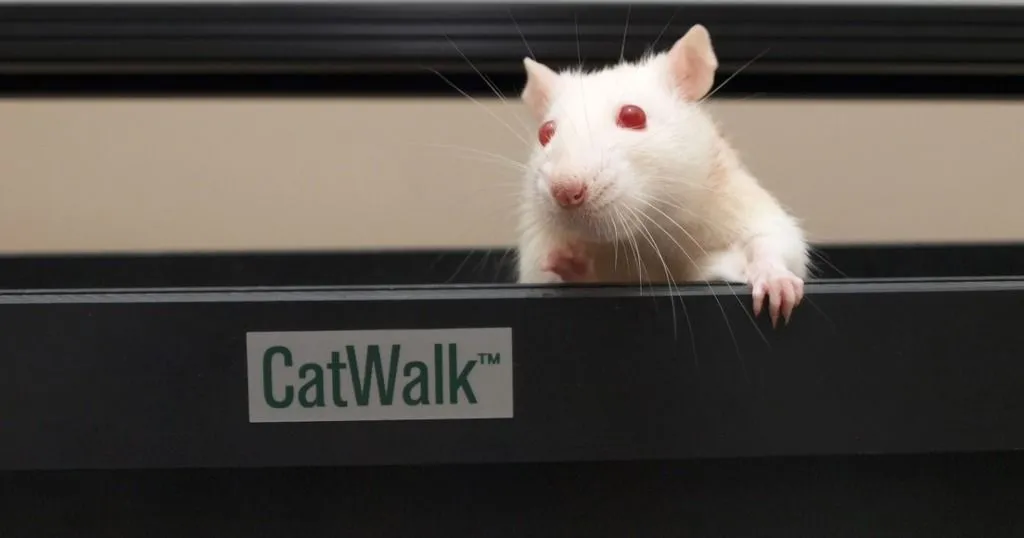
05 Feb
animal behavior research
Gait and Locomotion
Parkinson’s & gait impairment: comparing rats and humans
Gait impairment is one of the most prominent symptoms of Parkinson's disease. For good research you need good models and good tests.
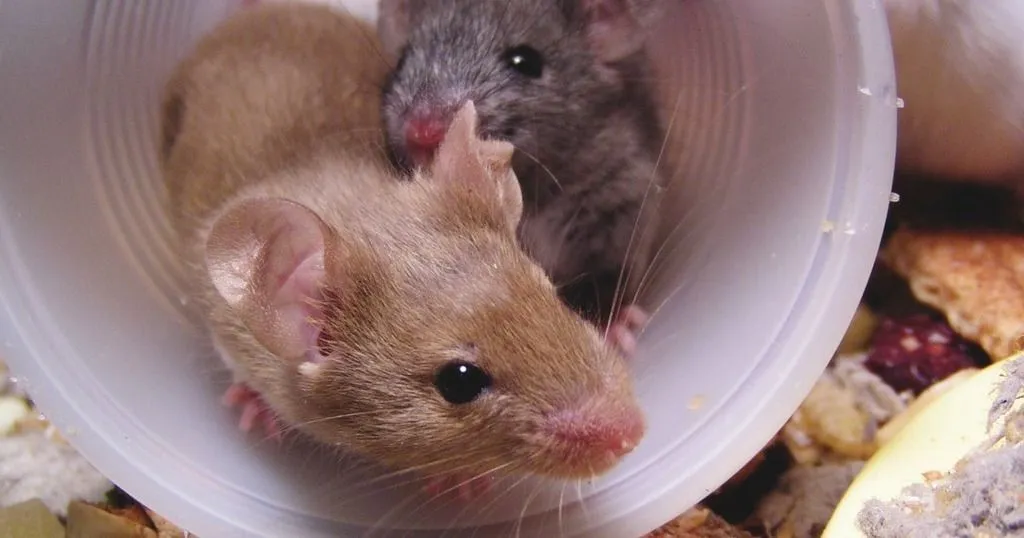
22 Jan
animal behavior research
Autism Spectrum Disorders
How males and females are different: can this explain autism?
Women and Venus, men and Mars, right? In mice, the establishment of social hierarchies is sex-dependent.

21 Jan
human behavior research
Healthcare
Why non-verbal behavior matters
Basil Preisig and his colleagues at the University of Bern, Switzerland, were especially interested in communicative development of people diagnosed with language disorders like aphasia.
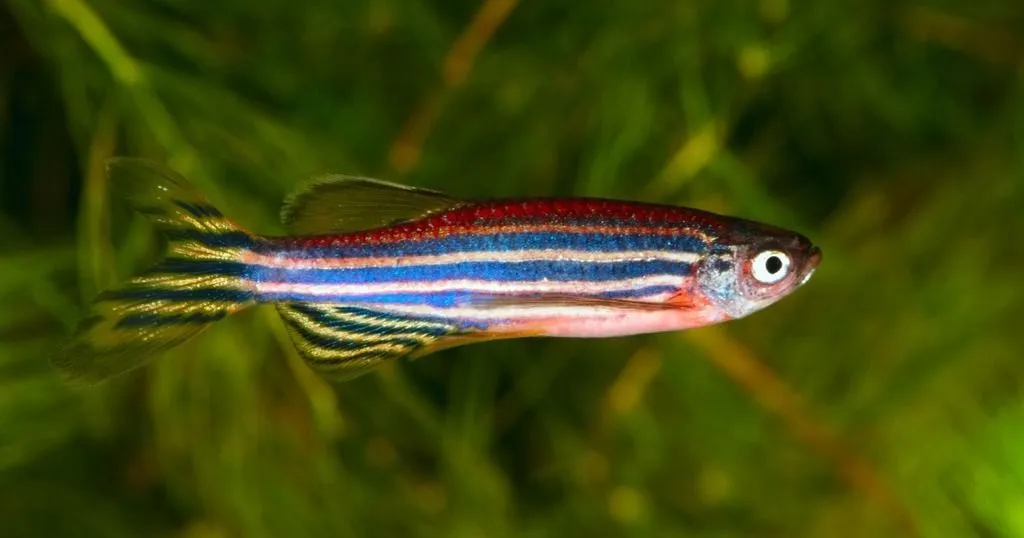
15 Jan
animal behavior research
Zebrafish Research
How young zebrafish cope with stress
Stress is a natural thing, and how we cope with it differs from person to person. In research, we use the term coping style, something that emerges early on in life for zebrafish.